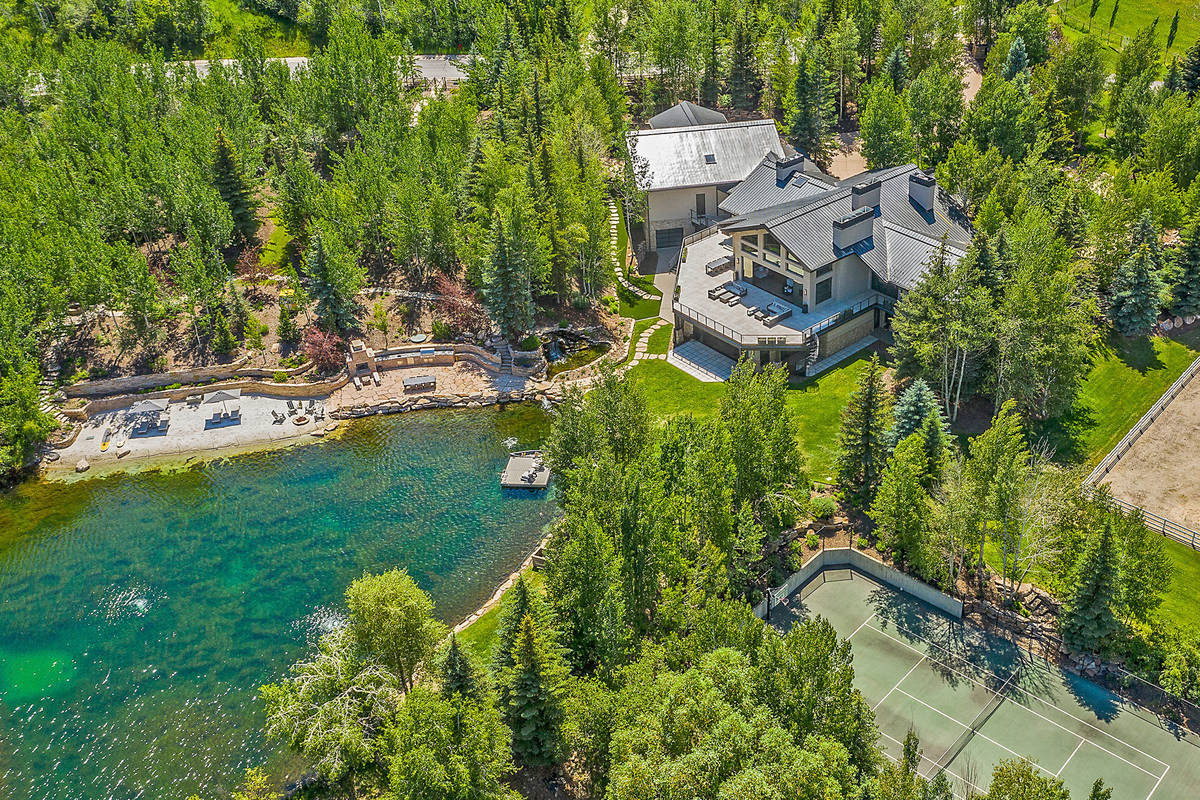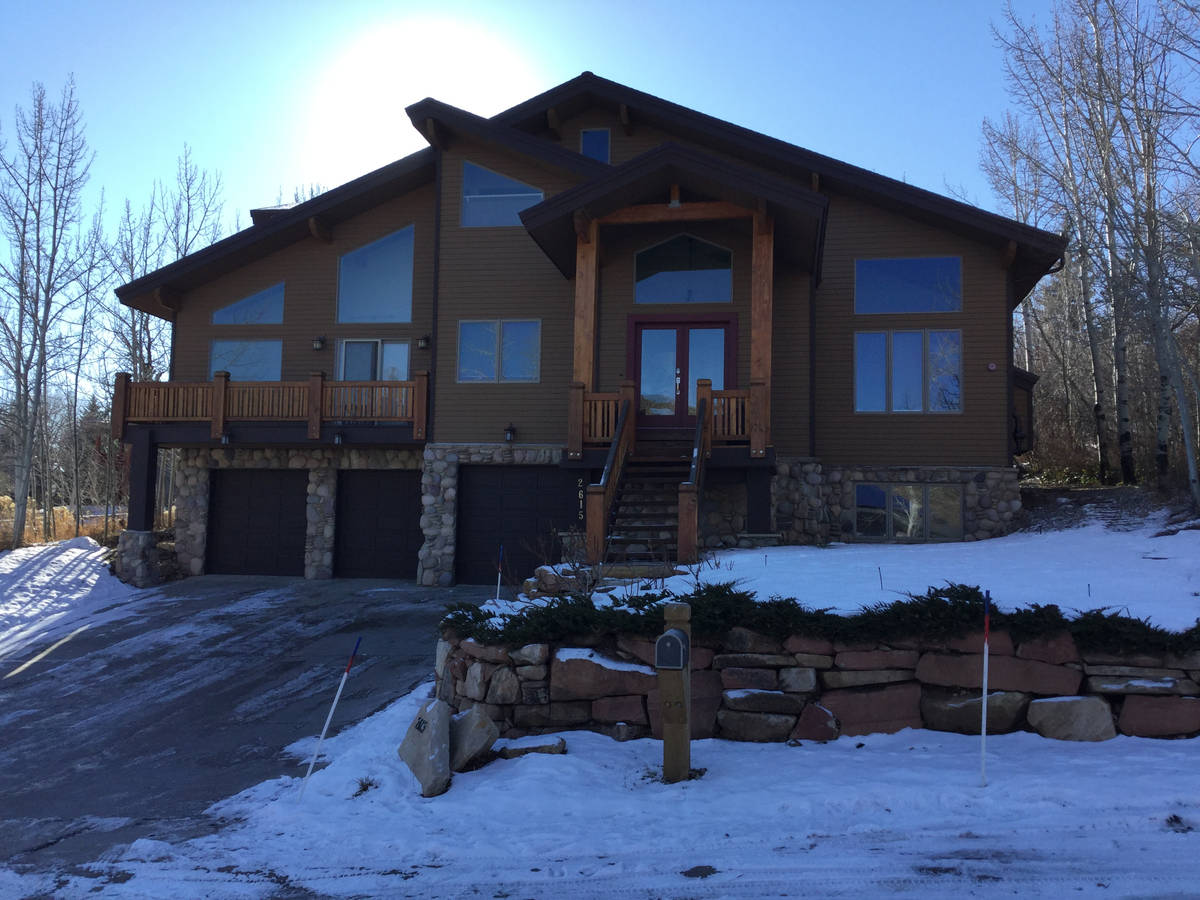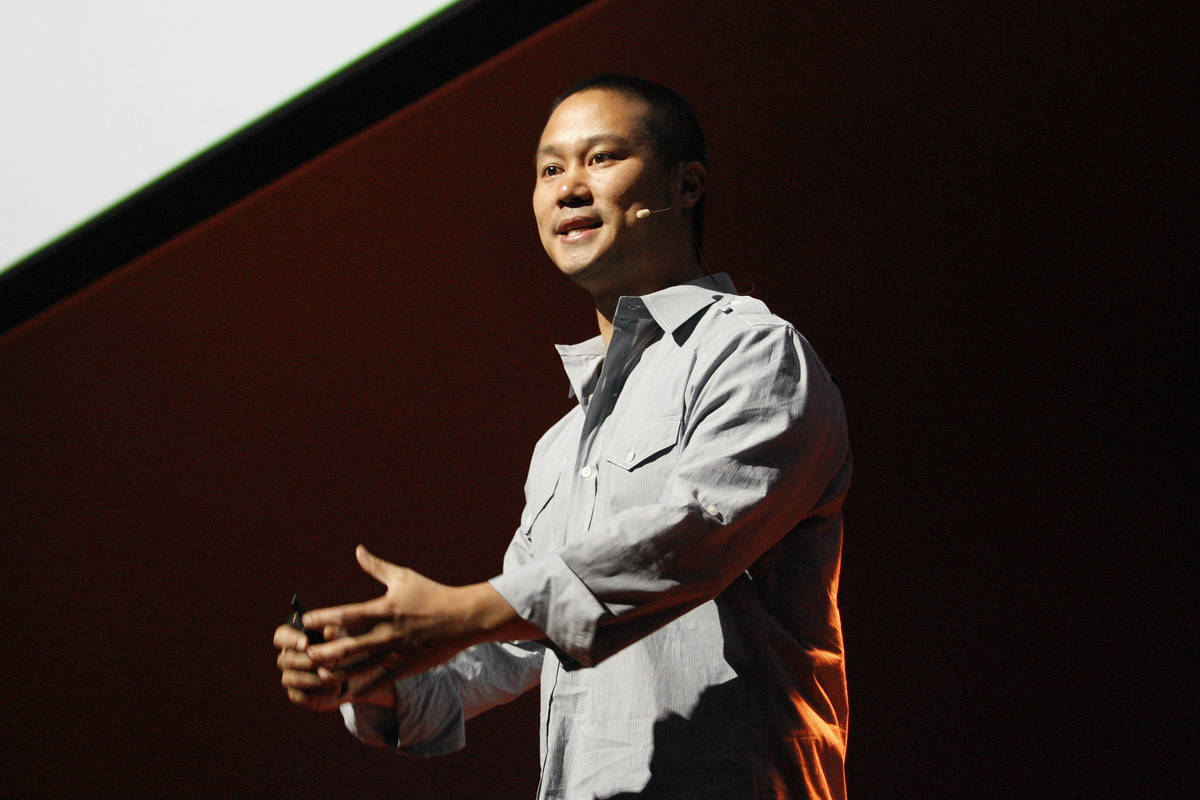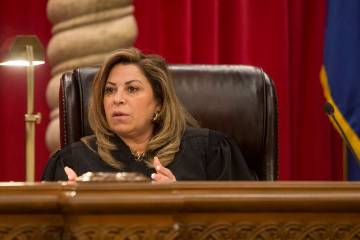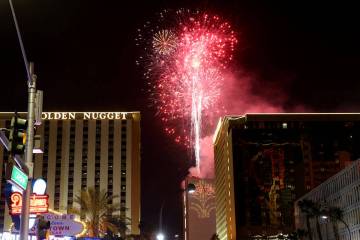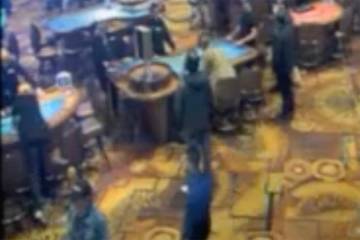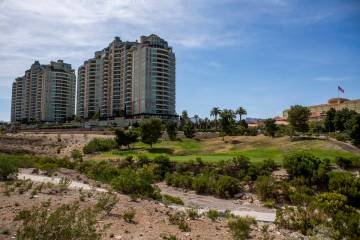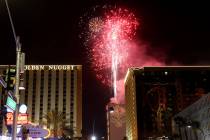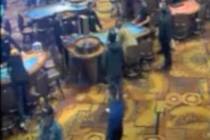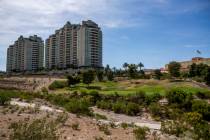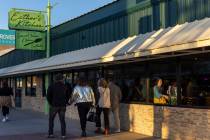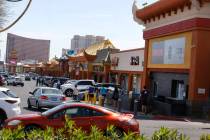Tony Hsieh family plans to sell Park City real estate
After starting the process to sell Tony Hsieh’s expansive Las Vegas real estate holdings, the late tech mogul’s family has now turned to his property portfolio in a wealthy Utah ski town.
Attorneys for Hsieh’s father, Richard Hsieh, and brother Andrew Hsieh, co-special administrators of his estate, filed nearly 20 notices Friday in Clark County District Court disclosing plans to sell the former Zappos chief’s real estate holdings in Park City, Utah.
They include multiple homes on Aspen Springs Drive, including a mansion that was known as a frequent party spot last year and protected by security guard.
The notices are the latest big development in the probate case of the wealthy tech guru and downtown Las Vegas redevelopment champion, who died in November at age 46 from injuries suffered in a Connecticut house fire and left no will.
As his family takes steps to sell his vast real estate holdings – moves that could generate a fortune in proceeds and put swathes of downtown Las Vegas in new hands – claims against the estate are being made at the same time, setting the stage for a potentially lengthy, complicated court battle over Hsieh’s fortune.
‘The perfect destination!’
Besides the 18 plots in Park City, Hsieh’s family also filed a notice Friday to sell the Holmstead Ranch Resort property some 25 miles north of St. George, Utah. The ranch is a getaway spot that offers space for corporate retreats and other events.
“From rugged camping to luxury cabins, we are the perfect destination!” its website declares.
According to court papers, bids for Hsieh’s real estate must be in writing and can be sent to the family’s attorney in the probate case, Dara Goldsmith.
The filings also state that the family will sell each property “to the highest and best bidder,” that the sales are subject to court confirmation, and that Hsieh’s Utah plots are all offered on the same terms: “Cash.”
Goldsmith did not respond to a request for comment Monday on the Park City sale notices.
She told the Review-Journal last month, after the family filed more than 90 notices in one day to sell Hsieh’s Las Vegas property holdings, that those notices were made “to allow for a possible future sale.”
Goldsmith also said at the time that Hsieh’s estate “may retain” some or all of the parcels and that it would “consider reviewing serious, written offers.”
Hsieh was a high-profile figure in Southern Nevada who sold online shoe seller Zappos to e-commerce giant Amazon in a $1 billion-plus deal in 2009 and moved the company from a suburban Henderson office park to the former Las Vegas City Hall in 2013.
He also launched a side venture, then called Downtown Project, in 2012 to pump $350 million into real estate and other ventures in the once-neglected Fremont Street area. Through the business, he became one of downtown’s biggest property owners and helped bankroll tech startups, restaurants and other concepts.
After the coronavirus pandemic abruptly ended his once-regular stream of interactions, events and good times in Las Vegas, Hsieh, who was unmarried, emerged in Park City, a ski-resort destination about 30 miles east of Salt Lake City.
Park City had around 8,500 residents as of 2019, is known for hosting the Sundance Film Festival and boasts a history of celebrity homeowners, such as basketball legend Michael Jordan.
Hsieh bought several houses there last year, was surrounded by new people and hosted plenty of parties. He also seemed to display erratic behavior, and reports of his drug use sparked concern, people familiar with Hsieh’s life in Park City have told the Review-Journal.
He was replaced as CEO of Zappos last summer without a formal announcement from the company he had led for two decades.
Parties and Post-it notes
His mansion at 2636 Aspen Springs Drive was a visible party spot. One local resident previously told the Review-Journal that in late August through Labor Day, it seemed to host a party almost every night, and at one point over an eight- or nine-day period, there seemed to be pyrotechnics at least five times at the house.
Sources have also told the Review-Journal that walls in the mansion were covered with Post-it notes; that candles were strewn about the house; and that Hsieh was known for staying in his room for days at a time on occasion.
His staff was said to include a court stenographer hired to record what people were saying, and workers were required to sign nondisclosure agreements, people familiar with the matter have said. Some had to sign one every day when they showed up for work, one person said.
Since his death, Hsieh’s former longtime friend and associate Jennifer “Mimi” Pham has made several moves in court. She filed lawsuits alleging contracts she had with Hsieh weren’t being honored, and last week she filed more than $93 million in creditor’s claims against Hsieh’s estate.
The biggest claim by far, $75 million, represents “the anticipated profit” from Hsieh’s venture in a documentary-movie streaming service, Documentary+, which launched in late January.
Contact Eli Segall at esegall@reviewjournal.com or 702-383-0342. Follow @eli_segall on Twitter.



